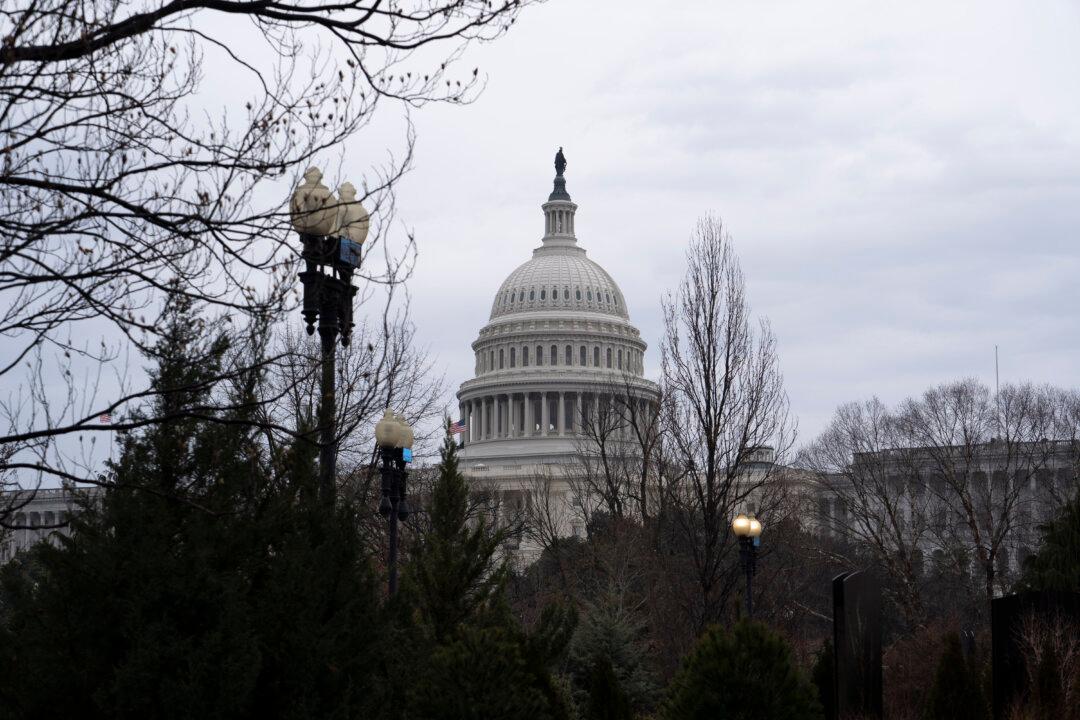The Senate voted overwhelmingly in favor of a bill on March 7 that would expand and extend compensation for victims of radiation exposure.
The final tally was 69–30.

The Senate voted overwhelmingly in favor of a bill on March 7 that would expand and extend compensation for victims of radiation exposure.
The final tally was 69–30.